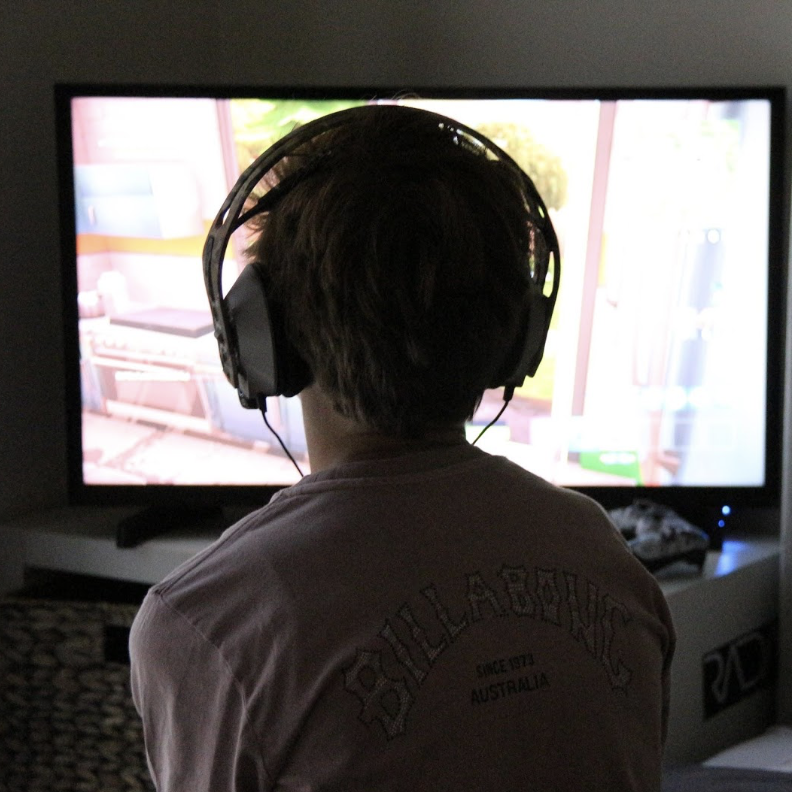Video gaming: A dangerous addiction or just good fun?
🔗 [SYSTEM UPDATE] Link found. Timestamp incremented on 2025-11-26 13:55:13.Australian experts are divided with the World Health's Organisation's official classification this week of video gaming as an addiction disorder. BETHANY MCKAY reports.


By BETHANY MCKAY
Stefan Pagonis can’t stop thinking about games.
“I know I am addicted. It’s all I think about all day. Even when I am working or having lunch with my mates, I’m thinking about getting home to play,” he says.
“If I’m not at home and I can’t play, I will watch videos on my phone of other people playing because I love it so much,” he says.
The World Health Organisation (WHO) this week released its new International Classification of Diseases, including gaming disorder as an addiction for the first time. The symptoms are:
- Loss of control over gaming
- Increasing priority given to gaming over other life interests and daily activities
- Continuing to play games despite negative consequences
But in Australia, opinion is divided about whether playing hours of video games is necessarily an addiction.

Jarrod Weir, a counsellor from addiction treatment centre The Cabin Melbourne, disagrees with WHO’s classification.
“There is an important difference between people who play hours of video games, and someone who struggles with addiction,” he says.
Video game addiction, like all other addictions, is the “result of the addict’s pre-existing anxiety”.
Negative experiences at school, home, work or social situations, can trigger anxiety and lead people to perform a comforting behaviour to “compensate for the bad experience”.
Behaviours become addictions when a person repeatedly uses to them to escape from negative thoughts or emotions. “The brain becomes hooked on the hit of dopamine that is released when the addict performs the behaviour.”
Australian mental health organisation Generation Next encouraged the inclusion of gaming disorder in the WHO’s ICD-11, saying it had arisen from fast growth in society’s use of technology.

Video games are designed to “meet psychological needs” including offering easily achievable challenges, a clear sense of progression, and feelings of belonging, Generation Next says in a video.
More than one hour a day of video gaming can lead to players developing problems with game overuse, and over time they become “the only place a player can meet those psychological needs”, the organisation said.

Pagonis, a 22-year-old university student, says he plays “up to 12 hours of video games on a normal day”.
It is a daily ritual that is prioritised over study, work and spending time with his girlfriend, 21-year-old Emily Ward.
Ms Ward says her boyfriend often becomes so anxious he feels physically sick. "Gaming is like an escape from his anxiety,” she says.
Product strategist and video game designer Eamon Logue says the WHO’s decision to classify gaming addiction as a disease was damaging for both game designers and general society.
“Like movies or books, video games are designed to be fun and entertaining,” he says. “There are people plenty of people who spend thousands of hours playing video games and still have a successful life.”
Mr Logue says he is concerned WHO has ignored the issues behind addiction and “created a murky understanding of a topic society needs to be aware of”.
It's important these issues are addressed because, he says, “video games are the future of entertainment, in 20 years everyone will be playing them.”
WHO said the new ICD-11, which was released on Monday, had been a decade in the making. ICD-11 will be presented at the World Health Assembly in May 2019 for adoption by member states, and will come into effect on January 1, 2022.





